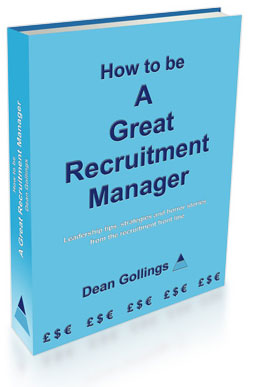85% of recruitment adverts could jeopardise safety, says trade body
Workers’ lives are being put at risk because many recruitment agencies rely upon a fictional “fork lift truck licence” to verify skills, a major industry body has warned.
The safety alert was issued by The Fork Lift Truck Association, which works to improve standards and safety on behalf of the UK’s fork lift truck dealers and suppliers.
A random sample of job advertisements issued by agencies looking for fork lift truck operators found no less than 85% wrongly stipulated a “fork lift truck licence” or similar as a requirement – despite there being no such document in the UK, and no central licensing authority.
Under current regulations, employers are required to issue written authorisation allowing trained staff to operate any fork lift truck; however, this is specific to that task, location and equipment and is not transferable to another company.
“This is no harmless myth,” warns FLTA chief executive David Ellison.
“Because recent training certificates are mistaken for some kind of ‘licence’, many operators are given carte blanche to use fork lift trucks without the right training.
“The results of that can be disastrous; for them, and for colleagues. At least one employee is hospitalised every day by a fork lift truck in the UK alone – two thirds of victims are pedestrians working nearby. Many of the injuries are permanent and, tragically, they’re sometimes fatal.”
The FLTA believes better awareness among recruitment consultants in particular could go a long way towards rectifying matters, and ensuring fork lift truck operators are properly assessed.
David Ellison explains: “Especially in the current financial climate, a high proportion of new operators arriving on site will be temporary staff, sourced through recruitment agencies – with a little more care, there’s an opportunity to make a significant difference to safety.”
The FLTA recommends anyone recruiting a lift truck operator to take the following steps:
1. Look for the accrediting body behind any training certificates; only six are recognised by the Health and Safety Executive. Any non-accredited trainer should be checked in detail.
2. Confirm recent experience – especially if training certificates are more than a couple of years old. Skills deteriorate if not used and kept up to date.
3. Find out how relevant the candidate’s training and experience are to the specific equipment that will be used in the new job. Fork lift trucks come in many different types and capacity ranges – training is usually required for each.
4. Be aware that licences issued overseas have no validity in the UK and should not be taken as proof of training.
5. Where there is any doubt whatsoever, a potential operator should be formally assessed by a qualified fork lift truck instructor, or specialised online assessment service.
David Ellison concludes: “It’s always safest to assume new staff – even those who will only be with the company on a temporary basis – will require at least some training and familiarisation.
“A skills assessment never goes amiss – the cost and inconvenience is miniscule compared to the potential damage a lift truck accident can do to stock, premises… and, of course, life and limb.”
Free best practice Fact Sheets on fork lift operator selection and training – including a list of recognised accredited bodies – are available from the FLTA online at www.fork-truck.org.uk. The siter also contains information on National Fork Lift Safety Week, which in 2011 has a training theme.







good article. training is KEY. i agree with you